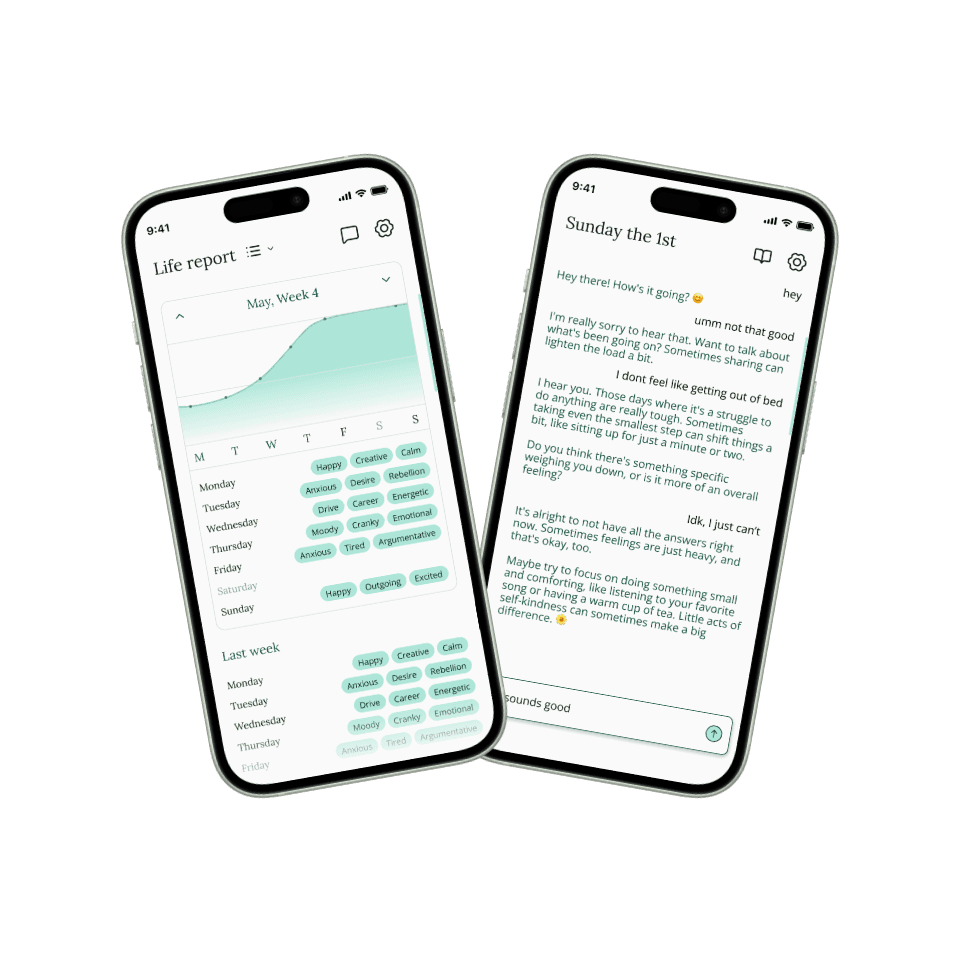
How to Open Up to a Therapist: 5 Effective Strategies
May 7, 2024
Learning how to open up to a therapist is crucial for making progress in therapy. Many people find it challenging to be vulnerable, but with the right approach, you can enhance your ability to communicate openly and effectively. In this guide, we'll explore five practical strategies to help you open up to your therapist and make the most of your therapy sessions.
Why Opening Up to Your Therapist Matters
Before diving into techniques, it's essential to understand the importance of opening up to your therapist:
It allows your therapist to gain a complete picture of your situation, leading to more targeted support.
Full disclosure enables the development of a more accurate and effective treatment plan.
By addressing core issues more quickly, you can potentially make faster progress in your mental health journey.
Remember, your therapist is there to help, not judge. They're trained to handle sensitive information with care and professionalism.
5 Strategies on How to Open Up to a Therapist
1. Start Small and Build Trust
Learning how to open up to your therapist is a gradual process that involves building trust over time:
Begin with less sensitive topics, such as your daily routine or general life events.
As you become more comfortable, slowly introduce more personal or challenging subjects.
Recognize and celebrate the small steps you take in opening up, as this positive reinforcement can encourage further openness.
Your therapist understands that trust takes time to develop and will work with you at your own pace.
2. Prepare for Your Sessions
Preparation can significantly enhance your ability to open up during therapy:
Keep a journal between sessions to record your thoughts and feelings. This can help you identify patterns and topics you want to discuss.
Before each session, jot down key issues or questions you want to address. This ensures you don't forget important topics and can help structure your thoughts.
Set clear objectives for each session. Having goals can make it easier to open up about relevant topics.
By coming prepared, you'll feel more confident and ready to engage deeply in your therapy sessions.
3. Communicate Your Hesitations
If you're finding it challenging to open up, it's important to communicate this to your therapist:
Be honest about your struggles. Tell your therapist directly that you're finding it difficult to open up.
Work together to understand what's making it hard for you to open up. Is it fear of judgment? Past negative experiences?
Ask your therapist for guidance on how to overcome these barriers. They can provide strategies to make opening up easier.
Remember, expressing your hesitations is itself a significant step in learning how to open up to your therapist.
4. Use Effective Communication Techniques
Employing specific communication techniques can make it easier to open up to your therapist:
Use "I" statements to frame your thoughts and feelings. For example, say "I feel anxious when..." instead of "You make me anxious when...".
Try to describe your thoughts and feelings without judging them as good or bad. This non-judgmental awareness can help you share more openly.
Provide specific examples or situations rather than making general statements. This gives your therapist a clearer picture and can lead to more productive discussions.
By implementing these communication techniques, you can articulate your thoughts and feelings more effectively, making it easier to open up to your therapist.
5. Practice Self-Compassion
Being kind to yourself can make opening up to your therapist easier:
Acknowledge that opening up is challenging and it's okay to struggle with it.
Avoid self-criticism if you find it hard to discuss certain topics. Instead, offer yourself encouragement.
Celebrate the progress you make, no matter how small it might seem.
Self-compassion can create a more positive mindset, making it easier to be vulnerable and open in therapy sessions.
Frequently Asked Questions: How to Open Up to a Therapist
Why is it hard to open up to a therapist?
Opening up to a therapist can be challenging due to fear of judgment, vulnerability, or past negative experiences. Remember that therapists are trained professionals who provide a safe, confidential space for you to express yourself.
How long does it take to feel comfortable opening up to a therapist?
The time it takes to feel comfortable varies for each individual. Some people may open up quickly, while others might need several sessions to build trust. Be patient with yourself and communicate your concerns with your therapist.
What if I can't open up about a specific topic?
If you're struggling to discuss a particular issue, let your therapist know. They can help you explore the reasons behind your hesitation and suggest alternative approaches to address the topic gradually.
Can I bring notes to my therapy session to help me open up?
Absolutely! Bringing notes or a journal to your therapy session can be an excellent way to organize your thoughts and ensure you cover important topics you want to discuss.
How do I know if I'm making progress in opening up to my therapist?
Signs of progress include feeling more comfortable during sessions, discussing topics you previously avoided, and noticing positive changes in your thoughts or behaviors outside of therapy.
Remember, learning how to open up to your therapist is a process that takes time and practice. Be patient with yourself and celebrate the progress you make. With persistence and these strategies, you'll be well on your way to more productive and meaningful therapy sessions.
If you want more information on what to expect in therapy check out our free Beginners Therapy Guide as well!
View more insightful blog articles
Today's tune


Track your mental health and get support between sessions with Verba
Learn more

Advait Naik
Advait is the founder of Verba and works at the intersection of psychology, design and technology to create a product that can help humans be more self aware through clarity